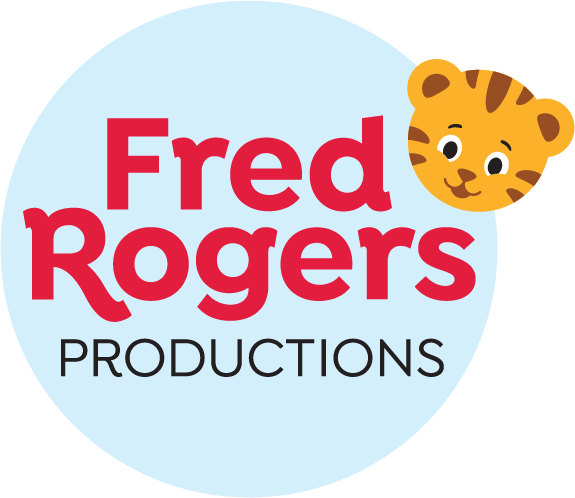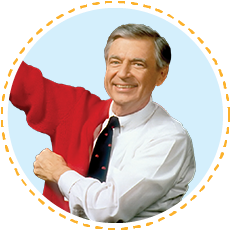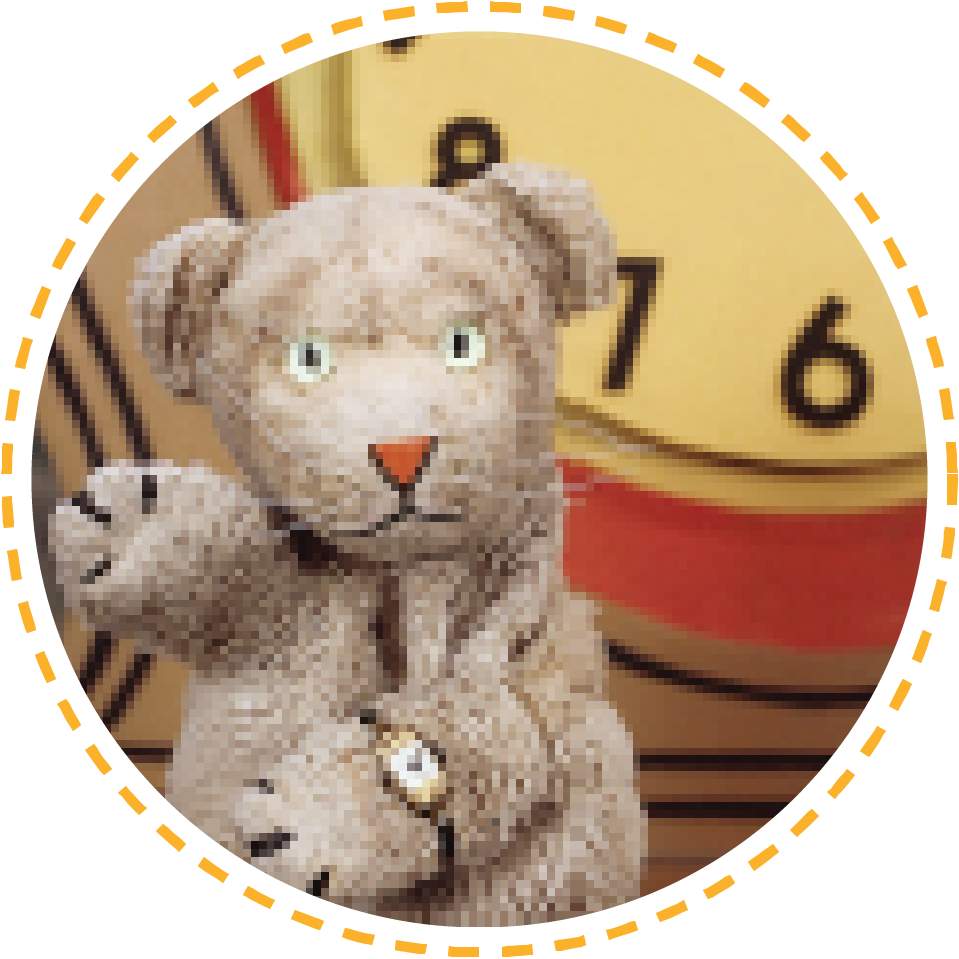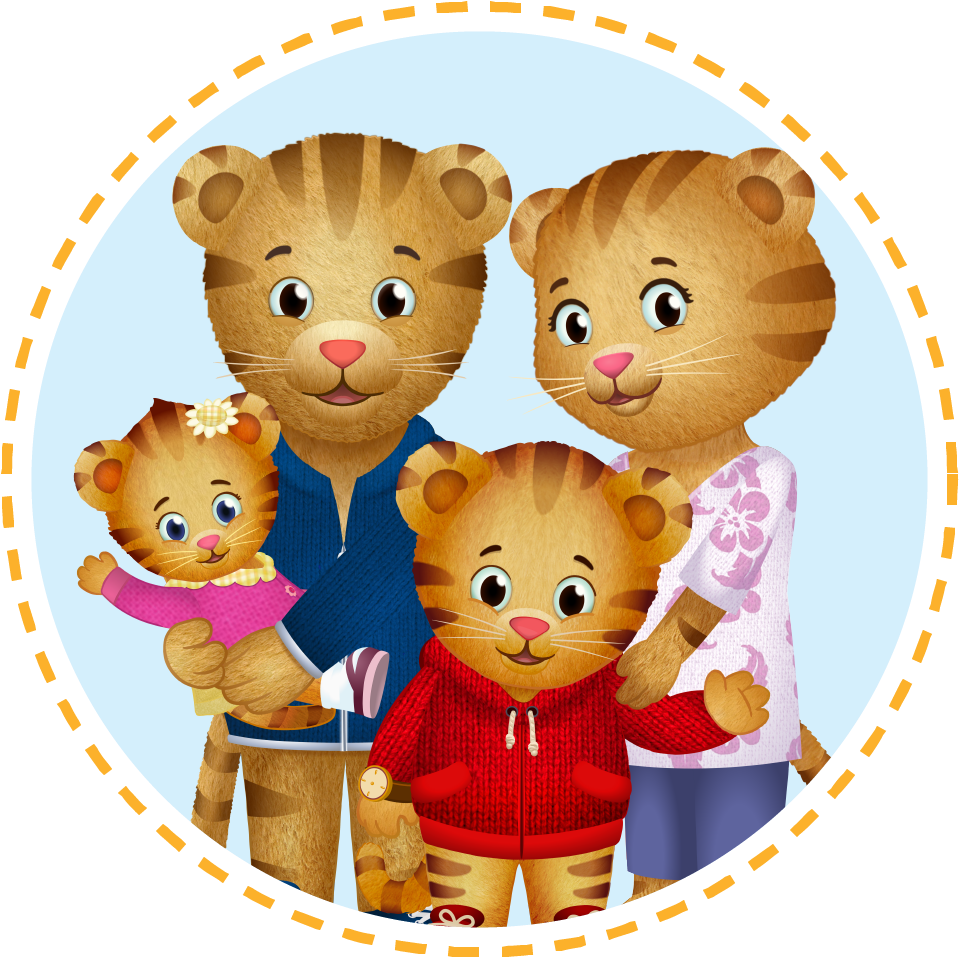Tell us about yourself and how your career led you to working in children’s television?
I’m a child of the 1980s, meaning I was raised in a decade that is a standout in terms of iconic pop culture. Blockbuster movies, comics, and Saturday morning cartoons inspired imaginative play and sparked a love for drawing. I was lucky enough to have parents who identified and encouraged this ambition, and they guided me towards a nearby arts-centric high school that had an animation course! Demo reel in hand, I was off to Sheridan College, and from there entered the industry as a designer.
What was your favorite TV show when you were growing up?
The classic Warner Bros. animated shorts! More specifically, the Chuck Jones canon. The mixture of gag-driven comedic timing and masterful, yet minimalistic, design work really caught my eye and influences my design sensibilities in a powerful way. That said, PBS was always on at our house, so my young mind was fed a balanced diet of incredibly thought-provoking programs like Sesame Street, Mystery!, and of course, Mister Rogers' Neighborhood. So, working with PBS, Fred Rogers Productions, Sonia Manzano, and GBH, my career has now come full circle and I’m incredibly grateful.
Describe your role on Alma’s Way.
It’s a two-tiered role and requires some context. A few years ago, Ellen Doherty (FRP’s chief creative officer) contacted Pipeline Studios and tasked us with presenting to her and her team a creative brief detailing specifically how the studio proposed bringing Alma’s Way to life. Ellen and Alma’s Way creator Sonia Manzano already had a solid foundation but were looking to the Pipeline team to do what we do best: enhance and elevate properties via creative and technical innovation, and attention to detail. At this stage in the development process, I served as the creative director, so it was my job to get inside Ellen and Sonia’s minds (via asking specific questions and listening attentively) to inherit their vision and fully understand what was of critical importance to them—and to the series as well—and then help make it a reality. Alma’s Way is a very unique family portrait—a series which we quickly identified as demanding a very unique yet highly organic approach to its production. We wanted to build upon the core themes, values, and concepts of the series to both engage the audience and effectively fulfill its storytelling ambitions. Aligned on the series’ overall vision, we formulated a custom recipe of creative, innovative elements and applied them strategically. From there we assembled a hand-picked team of artists and technicians from across Pipeline Studio’s highly diverse teams in Canada, Colombia, and Chile to bring this unique recipe and vision to life. Needless to say, our hard work paid off, as Ellen, Sonia, Fred Rogers Productions, and PBS were thrilled by our proposal, and we moved into series production. Once this happens, I then shift into a supervising producer position. Along with an incredibly dedicated and highly skilled team, I help guide the series and ensure to our partners that the unique recipe of creativity and innovation continues forward and also elevates over time. I really can’t say enough about how passionate, caring, and committed the Pipeline Studios’ Alma’s Way team is to its long-term success! I’m incredibly proud of the series, and its positive messaging, but dare not mention specific crew members who go the extra mile, as I’d literally have to mention everyone!
What’s your favorite episode of Alma’s Way?
That’s a tough question, as they are each endearing and entertaining in their own respective rights. Since we’re nearing Halloween, which I’m a big fan of, I’ll go with “Haunted Hallway” or “Trick or Treatasaurus”!
What do you like to do when you’re not working?
I’m a huge music fan and collect guitars, and I do try to get some strumming action in when time affords, but I also enjoy being a dad to an energetic and imaginative 6-year-old daughter who is starting to show an affinity for art and music as well. (She’s also a big fan of Alma’s Way!) As I mentioned previously, I’m very grateful for the guidance that has helped shape my career, and I strongly believe in giving back to the community and helping others who may need some extra support. Thus, I volunteer as a career counsellor within YMCA’s Newcomer Mentorship program, which is designed to match newcomer professionals with established professionals to share information, feedback, industry insights and offer tips in navigating their chosen profession here in their new home of Canada. It can make a big difference to someone who’s restarting their career in a new country and for me, it nourishes the soul!










